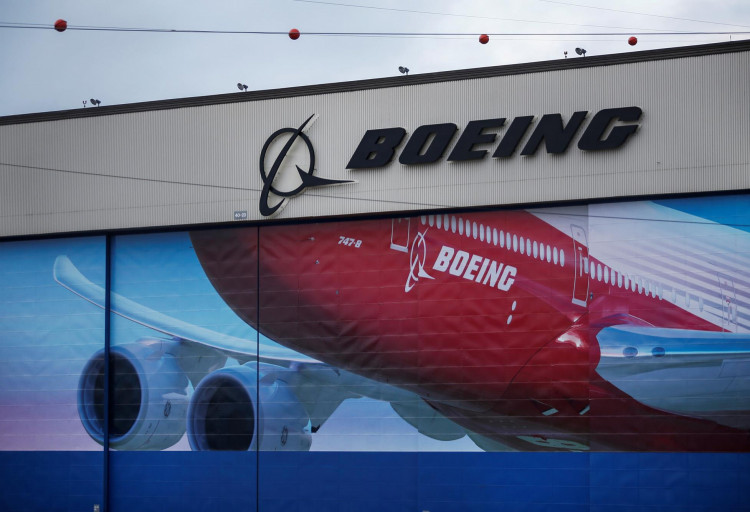The National Transportation Safety Board on Tuesday identified Boeing's inadequate worker training and systemic oversight failures as the primary cause of the midair door plug blowout on Alaska Airlines Flight 1282, sharply criticizing both the aircraft manufacturer and the Federal Aviation Administration.
"The safety deficiencies that led to this accident should have been evident to Boeing and to the FAA," said NTSB Chair Jennifer Homendy. "This accident never should have happened."
The January 5, 2024, incident occurred just six minutes after takeoff from Portland, when a door plug panel detached from the fuselage of a 737 Max, forcing an emergency landing. No one among the 171 passengers and six crew members was killed or seriously injured, but the findings reignited concerns over Boeing's manufacturing practices.
According to the NTSB's summary, the probable cause was Boeing's failure to "provide adequate training, guidance, and oversight" to factory workers at its Renton, Wash., facility. The panel had been removed for repairs, but investigators said the bolts meant to secure it were not reinstalled, and no record of the removal or reinstallation exists.
"Boeing relied on a single point of failure, which was a human not filing or documenting a record," said Homendy. "That was a flaw in the system."
Investigators found that none of the door team members on duty had prior experience removing the mid-exit door plug. Of the 24 workers on the team, only one had ever performed the task-and he was on vacation. A trainee with 17 months of experience, previously employed at KFC and Taco Bell, filled in.
The NTSB also criticized Boeing's lack of structured on-the-job training, calling for a formal program with graded assessments. It noted "persistent deficiencies" in the company's instructions for removing parts.
Boeing said in a statement: "We at Boeing regret this accident and continue to work on strengthening safety and quality across our operations. We will review the final report and recommendations as we continue to implement improvements."
CEO Kelly Ortberg, who took over after the incident, was praised by Homendy for initiating a renewed focus on safety. "He has a lot of work cut out for him, a lot of challenges to address, and that is going to take time," she said.
The investigation also pointed to shortcomings in FAA oversight, concluding the agency failed to "adequately identify and ensure that Boeing addressed the repetitive and systemic nonconformance issues" at its factories. The FAA has since capped Boeing's 737 Max production at 38 jets per month and pledged stricter enforcement.
"The FAA has fundamentally changed how it oversees Boeing since the Alaska Airlines door-plug accident," the agency said in a statement. "While Boeing is making progress, we will not lift the 737 monthly production cap until we are confident the company can maintain safety and quality."
The door plug failure marked another crisis for Boeing as it continues efforts to regain public and regulatory trust after the fatal crashes of two 737 Max aircraft in 2018 and 2019 that killed 346 people. Last month, the Department of Justice announced an agreement in principle to drop criminal charges against Boeing over those crashes, in exchange for over $1 billion in compliance investments.
The NTSB's final report on the Alaska incident is expected in the coming weeks.




